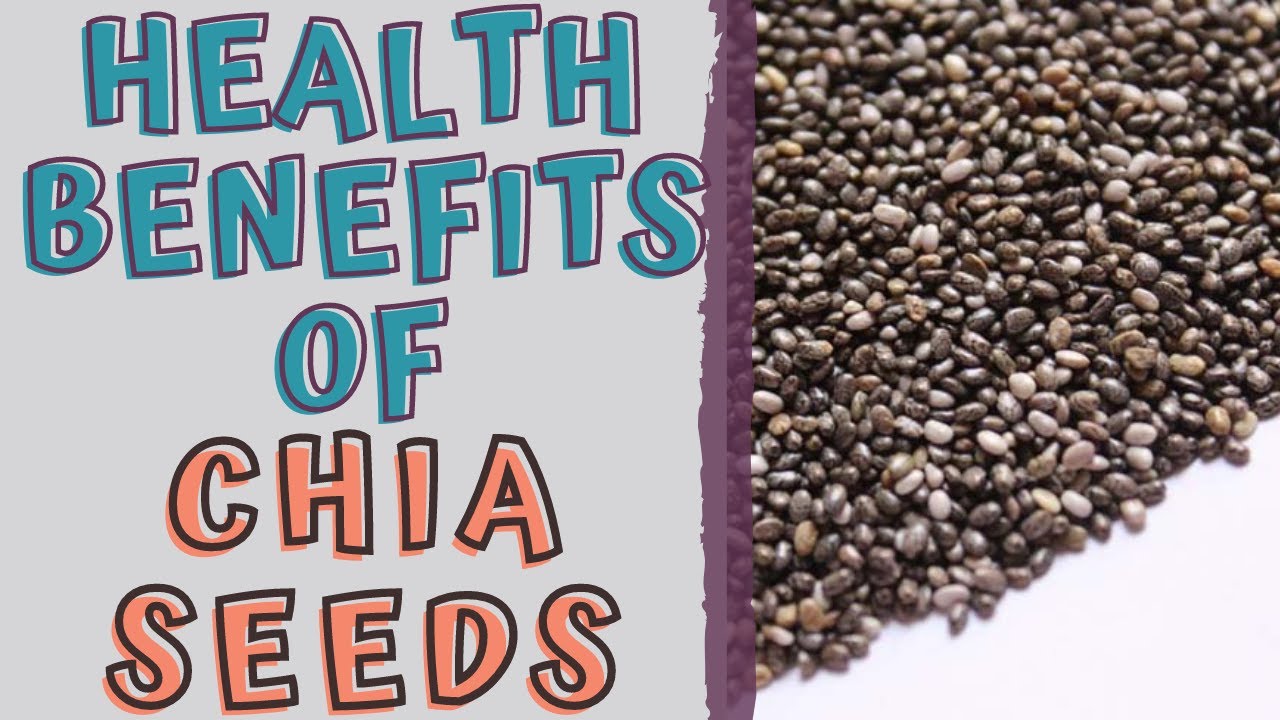
Chia seeds are tiny but mighty, packed with nutrients that can significantly enhance your health. Known scientifically as Salvia hispanica, they belong to the mint family and have been consumed for centuries, dating back to the Aztecs and Mayans. Their unique properties and versatility make them a popular choice for those looking to boost their nutrition. Let's dive into the many health benefits of chia seeds.
What are Chia Seeds?
Chia seeds (which are oval and gray, adorned with black and white spots) measure around two millimeters in diameter. One of their remarkable features is the hygroscopic nature (this means they can absorb up to twelve times their weight in liquid). However, this ability makes them a fantastic addition to various dishes; it adds both texture and nutrition. Although many overlook these seeds, they are incredibly versatile and beneficial. Because of their unique properties, they can enhance the culinary experience significantly.
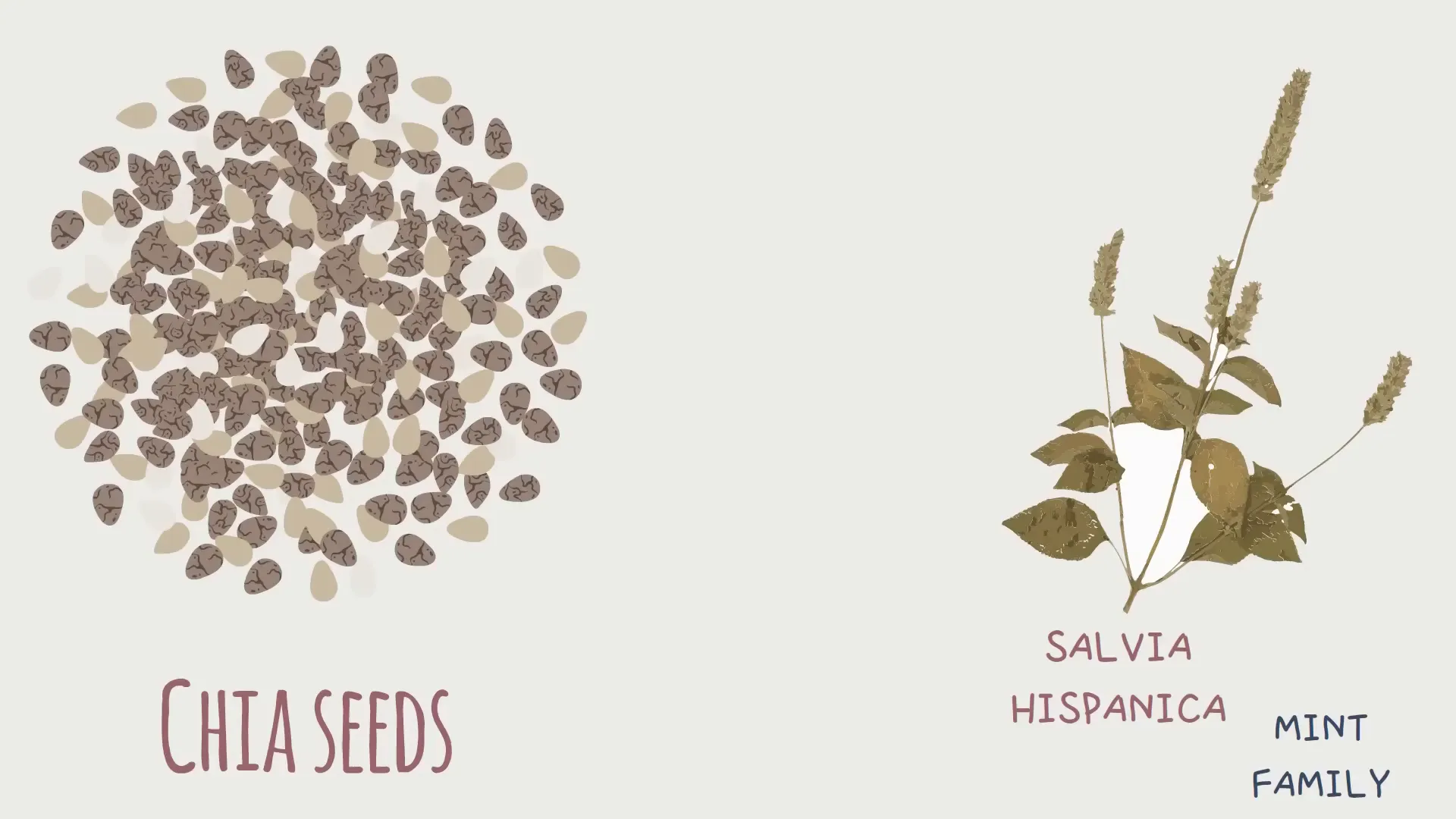
1. They’re Good for Digestion
Chia seeds (which are often overlooked) are rich in dietary fiber—providing nearly 40 grams per 100 grams. This high fiber content is essential for a healthy digestive system; however, fiber acts as a bulking agent. It helps to prevent constipation and supports overall gastrointestinal health, but many people do not consume enough of it. Although some may find the texture unappealing, the benefits are substantial. Because of this, incorporating chia seeds into one’s diet can be a wise choice.
The soluble fiber (found in chia seeds) absorbs water, causing them (to) expand in your stomach. This process increases your feeling of fullness; however, it can help you maintain a healthy weight (because) it reduces overall calorie intake. Although some may overlook this, it is essential for managing weight effectively.
Furthermore, fiber (which is often overlooked) functions as sustenance for the beneficial bacteria residing in your gut. Maintaining your gut flora well-fed is essential for overall health; this is because a balanced microbiome not only aids in digestion but also enhances immune function. However, neglecting this aspect can lead to various health issues, although many people remain unaware of its significance.
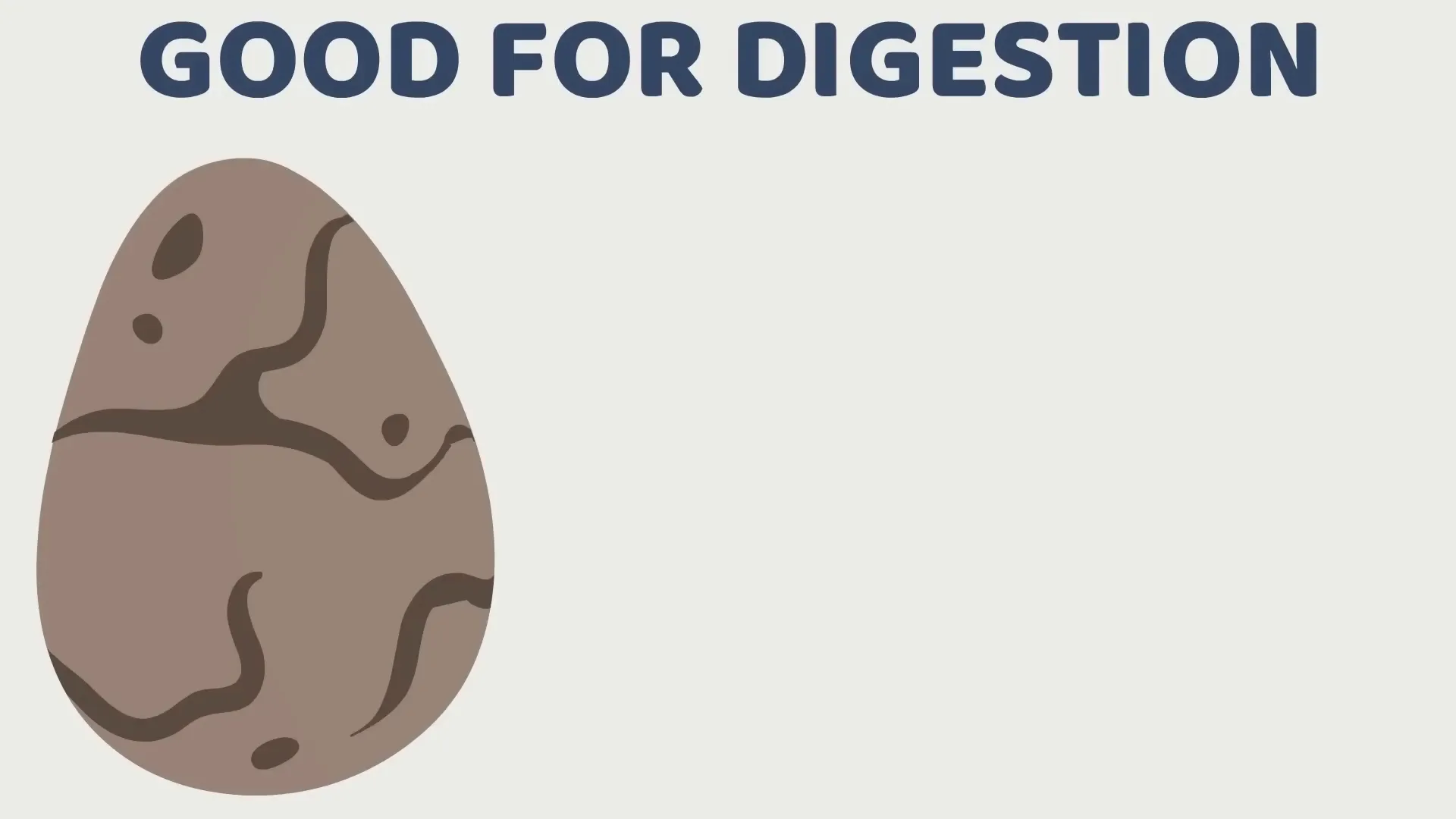
2. Better Heart Health
Chia seeds (1) are beneficial for heart health (because of) their impressive antioxidant content. They contain quercetin; this compound can lower the risk of several health conditions, particularly heart disease. Other antioxidants found in chia seeds include chlorogenic acid, caffeic acid and kaempferol. However, one must consider the overall diet, although these seeds offer significant benefits. The presence of these compounds suggests that incorporating chia seeds into one's diet may (not) only enhance heart health but also contribute to overall well-being.
These antioxidants (which combat oxidative stress) are effective against free radicals, as they can cause damage to cells and contribute to aging and diseases like heart disease, cognitive decline and even cancer. Studies suggest that chia seeds may (in fact) lower blood pressure in individuals with hypertension—this is significant because hypertension is a major risk factor for heart disease. However, the full extent of their benefits remains to be fully understood, although they show promise in various health aspects.
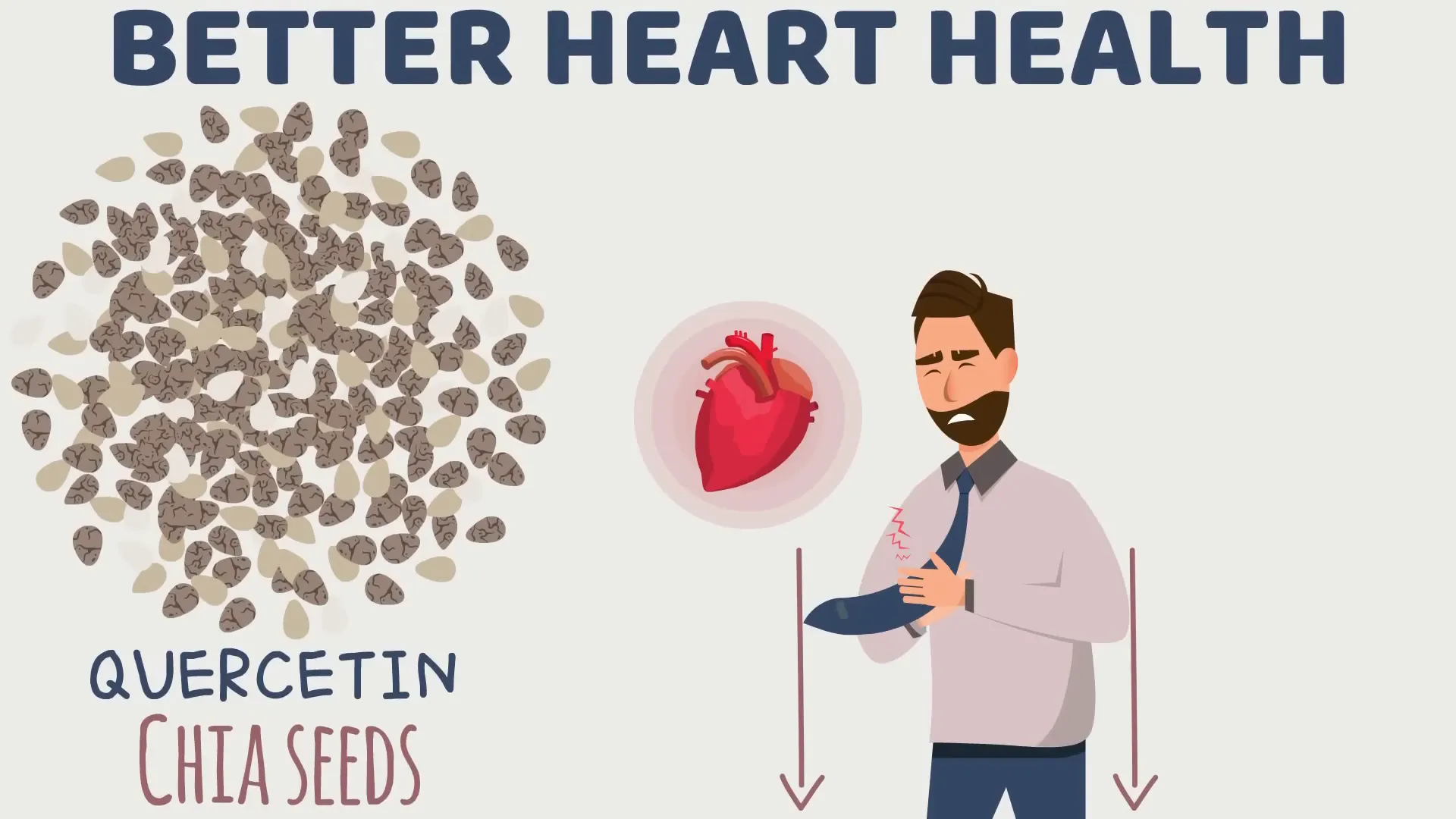
3. Chia Seeds are Good for Bones
Chia seeds (considered an excellent source) of several nutrients vital for bone health—such as calcium, magnesium and phosphorus—offer significant benefits. A single ounce of chia seeds provides approximately (18%) of your daily calcium requirement. However, this makes them a great alternative to dairy products, because they deliver essential nutrients. Although some may prefer traditional dairy, chia seeds present an intriguing option.
When compared (gram for gram), chia seeds (1) offer more calcium than traditional dairy sources; making them (2) an ideal choice for those looking to enhance their bone health. However, many individuals prefer to avoid dairy (3) because of various dietary restrictions. Although chia seeds provide a potent alternative, they may not suit everyone's palate. This is an important consideration, but the nutritional benefits remain evident.
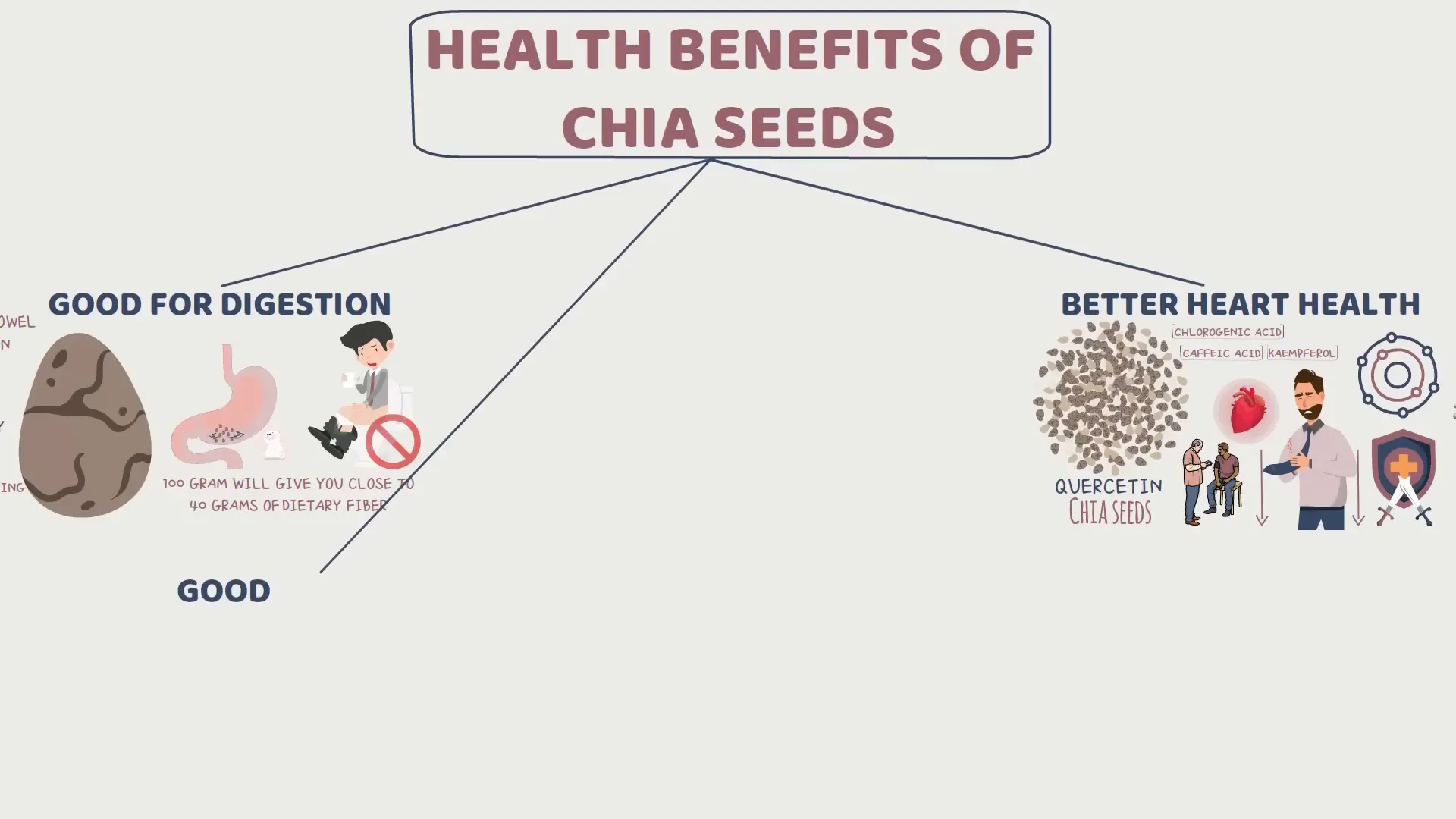
4. High Protein Content
Chia seeds (remarkable sources of plant-based protein) contain approximately 14% protein by weight. This protein content is higher than most plant sources; however, it is particularly valuable for vegetarian and vegan diets. Although some may overlook them, their unique nutritional profile (and versatility) makes chia seeds an important dietary component. Because they can be easily incorporated into various meals, many individuals find that adding chia seeds enhances their overall nutrition.
Chia seeds (1) also offer a beneficial combination of essential amino acids, thus ensuring your body can effectively utilize the protein (that) they contain. They are an excellent evening snack; providing a healthy dose of protein to support muscle repair and overall health. However, many overlook this nutritious option (because) it can be quite versatile. Although they may seem small, their impact on health is significant (and) should not be underestimated.
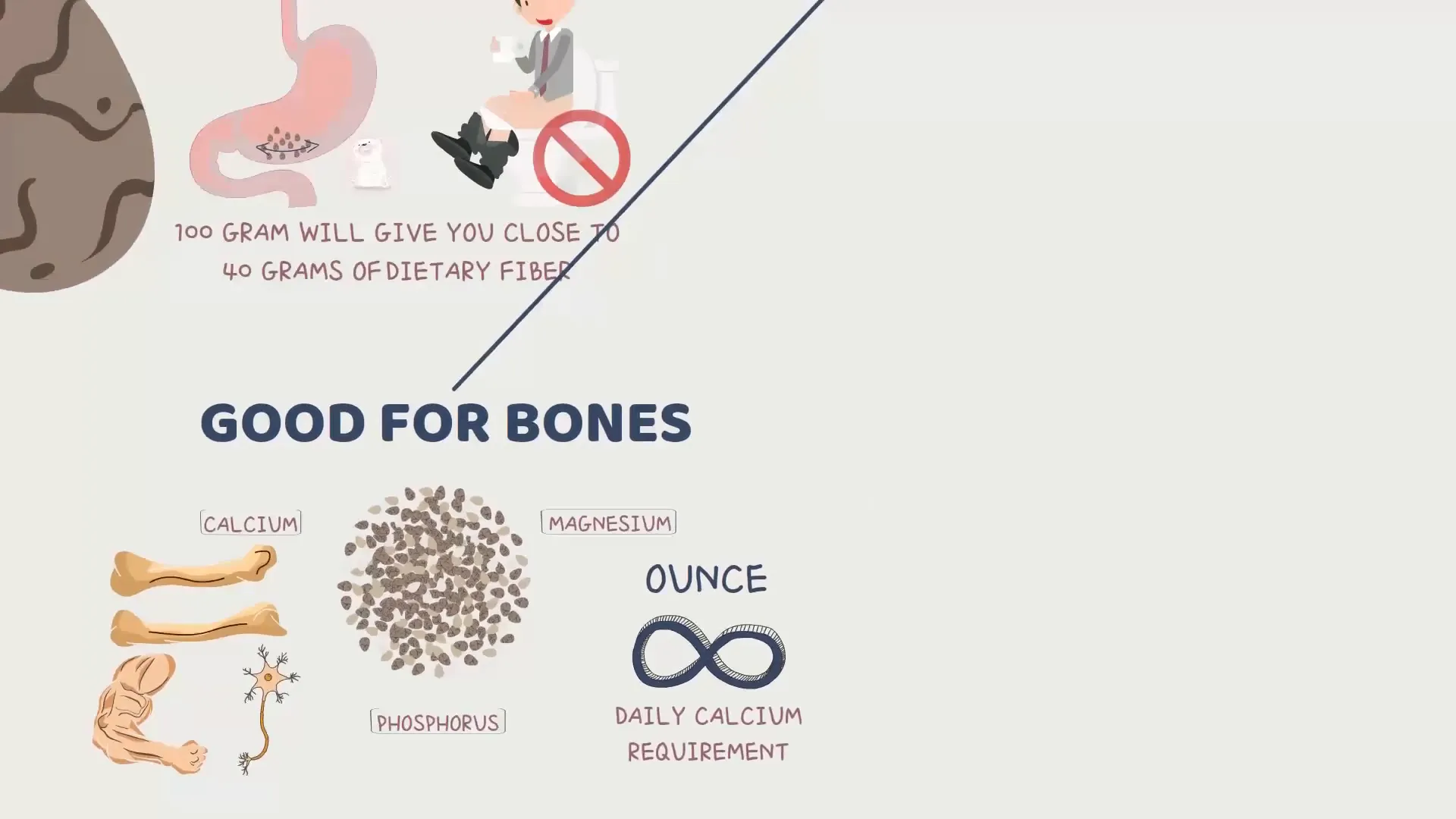
5. Good for Diabetes
Chia seeds, possessing a high fiber content (1), can aid in managing blood sugar levels effectively; however, high spikes in blood sugar may lead to adverse health effects. This includes an increased risk of metabolic syndrome (and) type 2 diabetes. Although they are beneficial, one must be cautious, because not all foods with fiber yield the same results.
Studies indicate that chia seeds (1) may help reduce insulin resistance and improve blood sugar levels. Research has shown that bread containing chia seeds triggers a lower blood sugar response compared to traditional bread; however, this effect is significant (2) because it helps to prevent high blood sugar levels. Although the evidence is compelling, some remain skeptical, but further investigation could clarify these benefits.
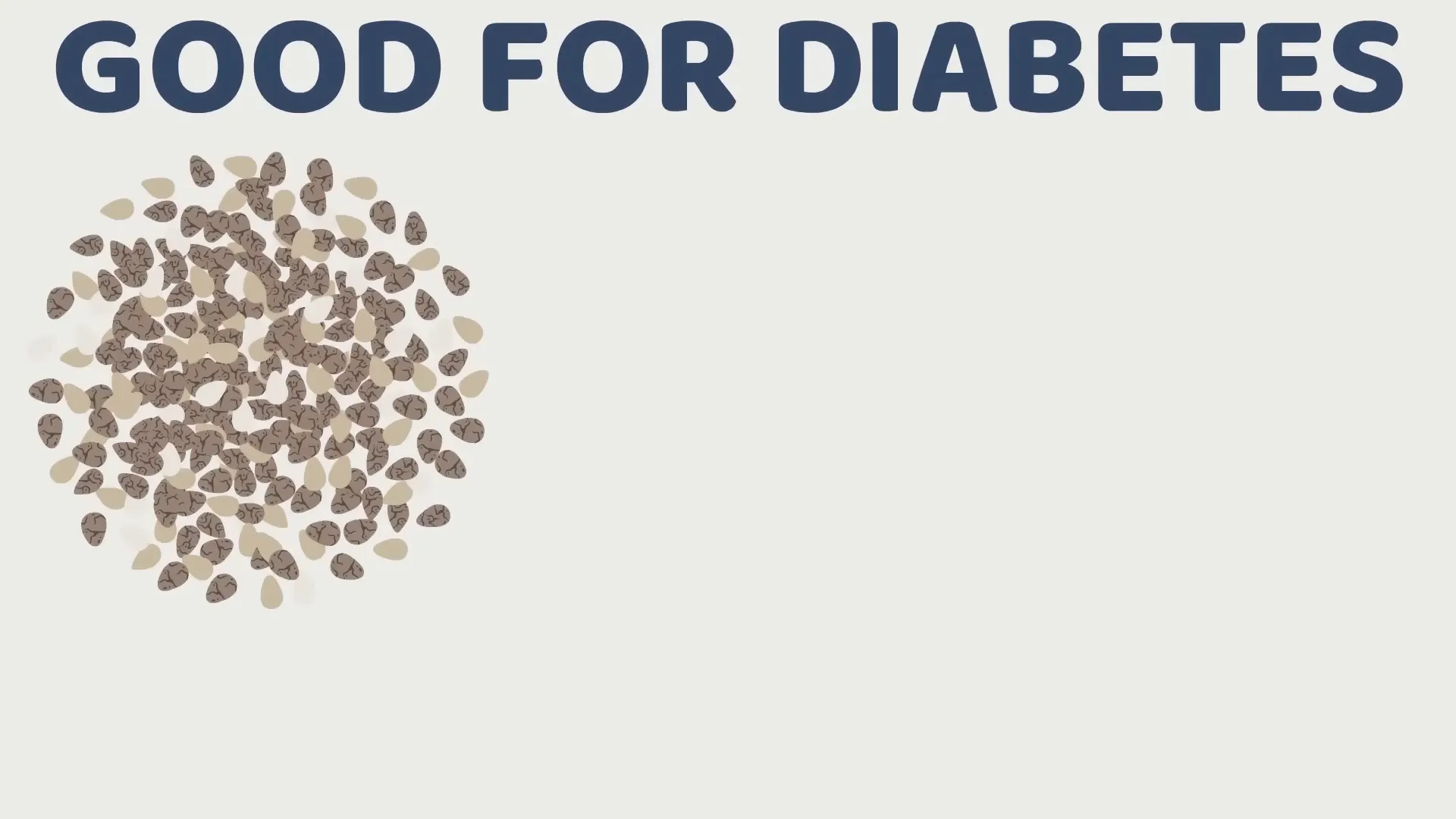
6. Chia Seeds Contain Good Fats
Chia seeds (1) are excellent sources of omega-3 fatty acids (2), which are crucial for overall health. These healthy fats offer numerous benefits: reducing inflammation, improving heart health and supporting brain function; however, many overlook their importance. Although they may be small, their impact can be significant (3) because they contribute to a balanced diet. This makes chia seeds a worthy addition to any nutritional regimen, but one must remember to consume them in moderation.
More than half (1/2) of fat in chia seeds consists of omega-3s; this makes them an excellent addition to your diet. Incorporating chia seeds can help you meet omega-3 requirements, especially (because) you follow a plant-based diet. However, although they are beneficial, some may not enjoy the texture.

Incorporating Chia Seeds into Your Diet
Chia seeds (which are remarkably versatile) can be effortlessly integrated into your meals. There are numerous popular methods to incorporate them; however, one must consider the appropriate usage. Because of their unique texture, they can enhance both sweet and savory dishes. Although some may overlook these tiny seeds, they offer significant nutritional benefits. This versatility makes them an excellent addition to various recipes, but one should also be mindful of portion sizes (as they can expand when hydrated).
- Add them to smoothies for a nutrient boost.
- Sprinkle chia seeds on yogurt or oatmeal.
- Use chia seeds to make pudding by soaking them in milk or a dairy alternative.
- Incorporate them into baked goods like breads and muffins.
- Mix them into salads or dressings for added texture.
Chia pudding (a dish that is particularly popular) offers a delightful experience. To prepare it, one must simply mix chia seeds with (your) choice of liquid; however, it is essential to let it sit overnight. This process allows the seeds to absorb the liquid, resulting in a creamy texture. Enjoy it as a healthy breakfast or snack, because it provides numerous benefits. Although some may find the texture unusual, many appreciate its versatility and nutritional value.
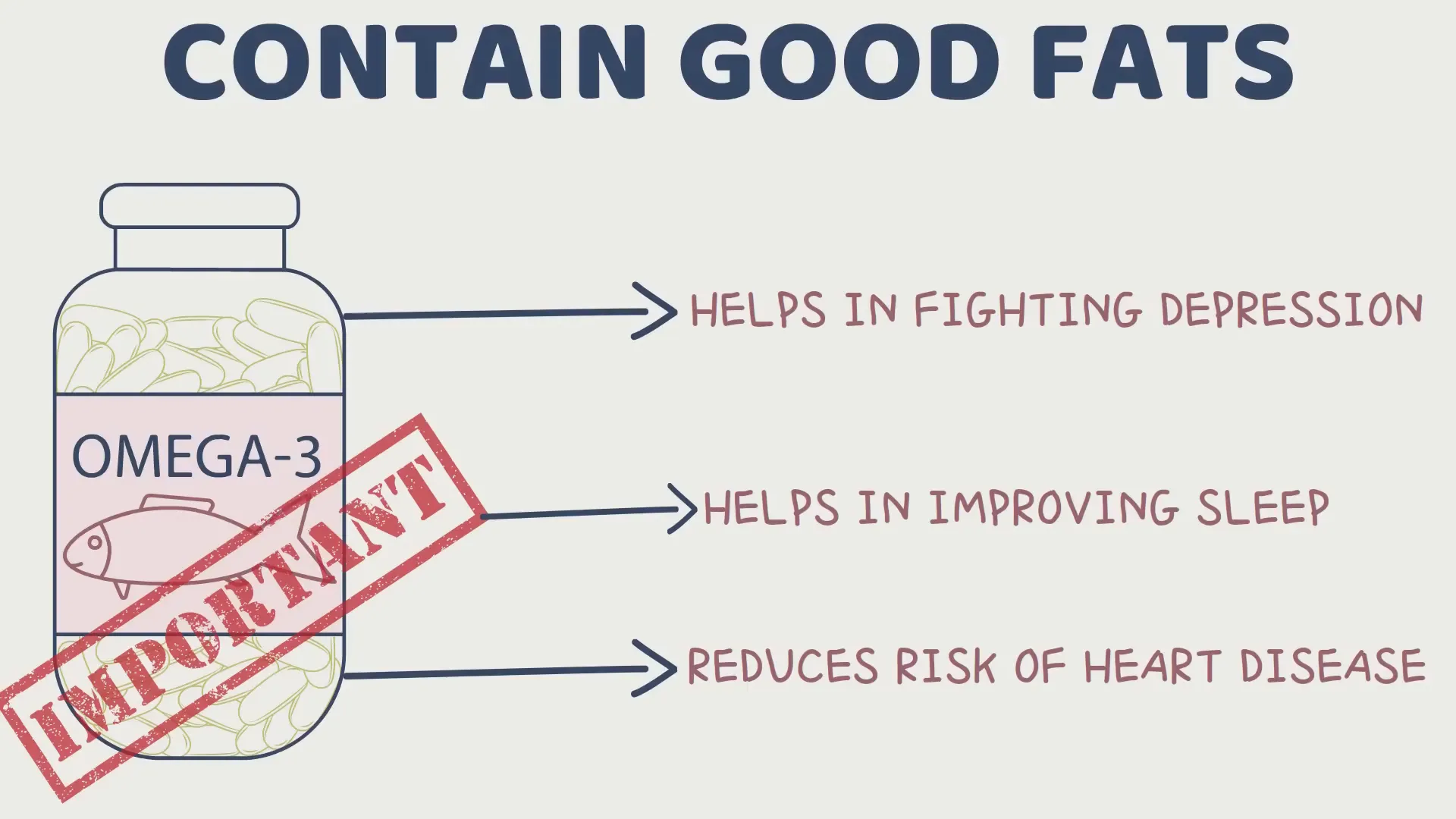
Conclusion
Chia seeds (considered a powerhouse of nutrition) offer a plethora of health benefits that can enhance your overall well-being: from aiding digestion to supporting heart health. These tiny seeds are must-have in your diet; however, many overlook their potential. You can enjoy them in smoothies, baked goods, or even as simple pudding. Incorporating chia seeds into your meals is not only delicious, but it also provides numerous health advantages because they are versatile. This makes them an ideal addition to anyone's dietary regimen, although some may not appreciate their texture.
Thank you (for reading)! We hope you found this information helpful; however, it is also inspiring for your health journey. Although many people seek guidance, few truly understand the depth of such advice. This can be challenging (at times) because one must navigate various perspectives. But remember, every step you take (no matter how small) contributes to your overall wellness.
